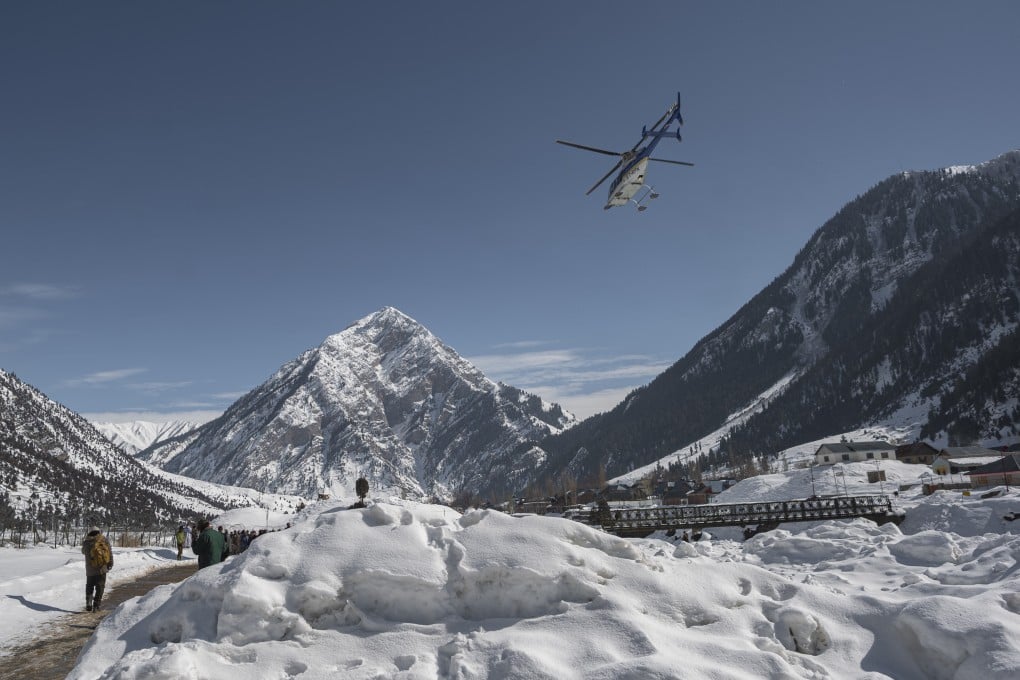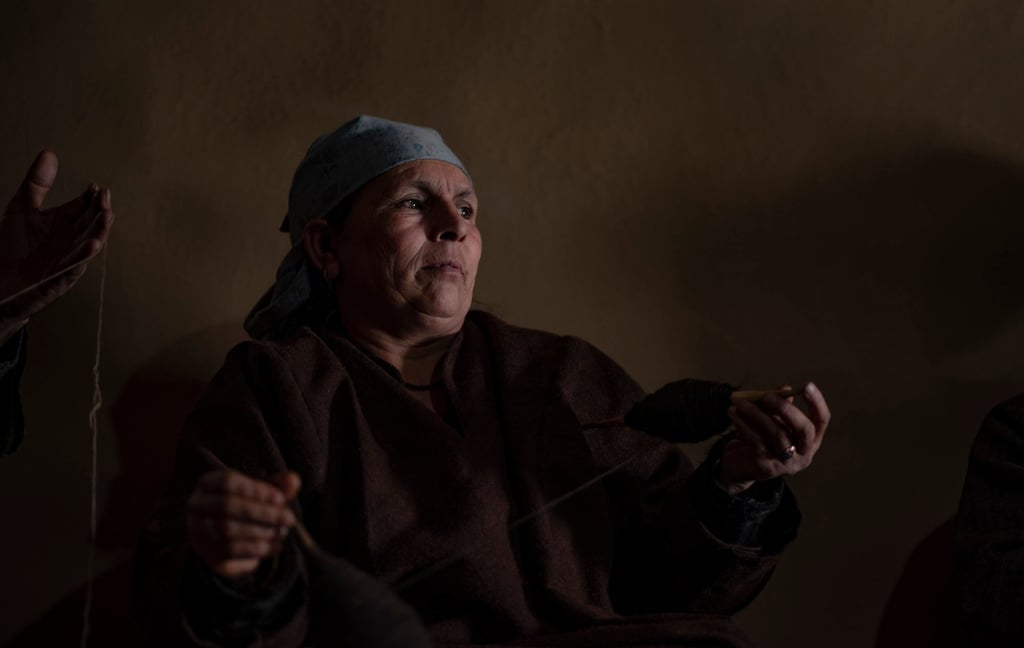Advertisement
Once a Silk Road connector to China and Central Asia, valley in Kashmir aims to milk internet and air connections
- In Indian Kashmir bordering China and Central Asia, Gurez, once a stop on the Silk Road, has been reinventing itself since going online and gaining an air transport service
Reading Time:1 minute
Why you can trust SCMP
0

Once upon a time, the Gurez Valley was on the Silk Road connecting Kashmir with China and Central Asia.
Trading posts such as this were melting pots where merchants, traders, scholars, and travellers interacted and exchanged goods, and ideas.
Silk Road outposts like Gurez declined in importance with the discovery of sea routes in the 17th century.
With the Partition of India and Pakistan in 1947, Gurez ended up on the Indian side of the border. Subsequent India-Pakistan conflict and the resultant border restrictions have had lasting consequences for the region’s economy, culture and society.



Advertisement
Select Voice
Choose your listening speed
Get through articles 2-3x faster
1.1x
220 WPM
Slow
Normal
Fast
1.1x
